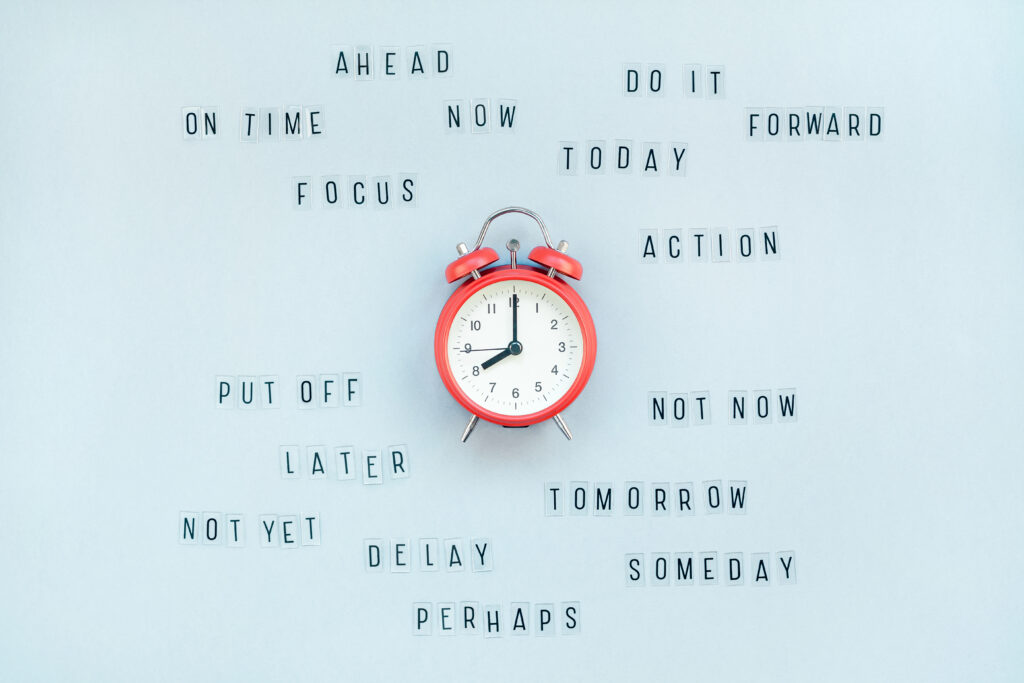Author: Cosmina Bradea
For many students, procrastination represents a regular challenge. The conscious practice of delaying or postponing something until a later time is known as procrastination. Although we sometimes dismiss our tendency for procrastination as a necessary part of our "process," this negative behavior can really make our lives more difficult than they need to be by causing unnecessary stress and guilt.
Want to know how to quit putting things off and start getting on track with your academics? With the help of our best anti-procrastination advice, it's time to put an end to this unproductive habit.
Create a schedule
Make a daily schedule of the tasks that need to be completed. To work on a particular task, schedule time blocks of an hour (or less, if that works better). Don't try to do all the reading or studying for business statistics in one sitting. Instead, divide it up into shorter study sessions with more manageable objectives (like reviewing chapters 1-3).
Remove all distractions
Distractions can come in different forms. Whether it’s your phone, your roommates, or the background music, you need to find what’s distracting you and try to find solutions. For instance, if your phone is too distracting, don’t keep it with you during your study session - or, instead, try a study app that helps you concentrate (like Forest or Freedom). Studying in the library can also help if your home is too noisy.
Change your study space
Sometimes a change of scenery is all we need to regain focus. A new environment, whether it’s a different area of your house, a park, a cozy cafe or a quiet library, can help you clear your mind and focus on studying.
Take breaks
Taking small breaks during your study sessions will help refresh your mind and regain focus. Don’t forget that resting is just as important as being active! Take a walk around your neighborhood or do a small activity like stretching.
Get enough sleep
Consistent motivation and overcoming procrastination depend on having good sleeping habits. Your motivation, focus, and cognition all decrease if you don't get enough sleep. When that occurs, you become less motivated to complete tasks—especially more difficult ones—and are more prone to procrastinating.
Eat brain foods
When study sessions begin, your food becomes extremely important. The nutrients in the meals you eat can have a favorable or negative impact on your ability to concentrate and perform. So, ditch the energy drinks and opt for:
- Nuts and seeds
- Berries
- Dark chocolate
- Cheese
- Greek yoghurt.
Remember, you can control procrastination before it even starts! So, make sure to try these tips if you find yourself procrastinating! If you want to start a new study adventure, sign up for one of our programs today by scheduling a call with our Specialists here or sending us an email at admissions@pihospitalityacademy.com!


